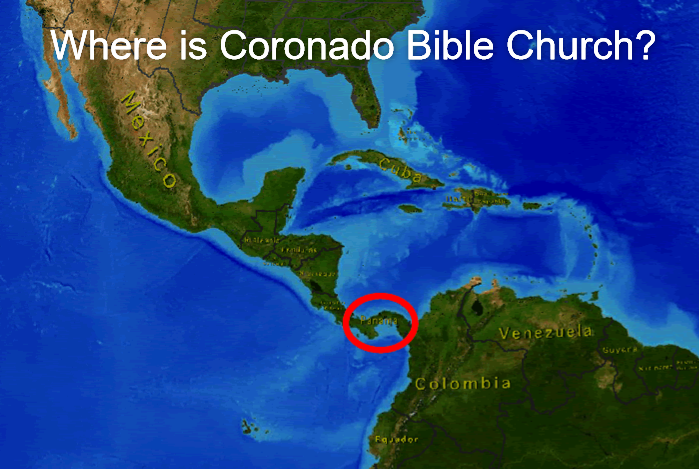 Fatigue, depression, anxiety, feeling ill; the list could fit any number of physical ailments. Let me add two more symptoms and see if it clears up the diagnosis … hyperirritability and negative feelings toward your host culture. This is a short list of the symptoms found online for Culture Shock. According to one dictionary, Culture Shock is “a state of bewilderment and distress experienced by an individual who is suddenly exposed to a new, strange, or foreign social and cultural environment.” Those who seem to suffer worst from its affects are those unaware of … or unwilling to recognize its impact on their lives.
Fatigue, depression, anxiety, feeling ill; the list could fit any number of physical ailments. Let me add two more symptoms and see if it clears up the diagnosis … hyperirritability and negative feelings toward your host culture. This is a short list of the symptoms found online for Culture Shock. According to one dictionary, Culture Shock is “a state of bewilderment and distress experienced by an individual who is suddenly exposed to a new, strange, or foreign social and cultural environment.” Those who seem to suffer worst from its affects are those unaware of … or unwilling to recognize its impact on their lives.
The first two years in Panama were difficult for me. At some level, I faced all the symptoms listed above. I was exhausted after accomplishing one task requiring Spanish. I felt acutely the loss of home, friends, being a known and trusted pastor. There were moments when I experienced an inexplicable fear while driving after dark. I needed a ton more rest … the sun went down and I was finished. A series of strange rashes had me joking that I was “allergic to Panama.”
Thankfully, I had received mission training that helped me anticipate and normalize some of these experiences. When at the point of pulling out my hair in the hardware store, I could step back mentally, reminding myself that I had similar experiences in my home country. This helped me identify the factor causing my angst … the language barrier or being unfamiliar with different procedures. Taking this step back helped me own some of the responsibility instead of focusing it all on the Panamanians who were generally trying their best to be helpful. One of the telltale signs for me of Culture Shock was when I began to have thoughts like, “Why are they (Panamanians) all (insert something negative)?” Even coming prepared to resist that tendency, I have fought and often failed at avoiding such thinking. It’s a normal response to a new and different culture … any culture. That’s right you’d have similar thoughts if you moved to Ireland or France. It’s not the country … it’s the difference between familiar and foreign.
There’s no straightforward path through Culture Shock … the experience ebbs and flows, dies down and suddenly comes on strong. There’s also no simple prescription. Feeling “at home” in a new culture takes patience (with yourself and others), awareness, honesty, responsibility and … time.
Being on mission has helped me greatly. That’s not just for pastors. All Christians share a common mission. Focusing on that mission can give us strength to handle the stresses of living cross-culturally in positive ways; whether we’re dealing with the culture of our fallen world or our host country.
God was reconciling the world to himself in Christ, not counting men’s sins against them. And he has committed to us the message of reconciliation. We are therefore Christ’s ambassadors, as though God were making his appeal through us. We implore you on Christ’s behalf: Be reconciled to God. 2 Corinthians 5:19–20

